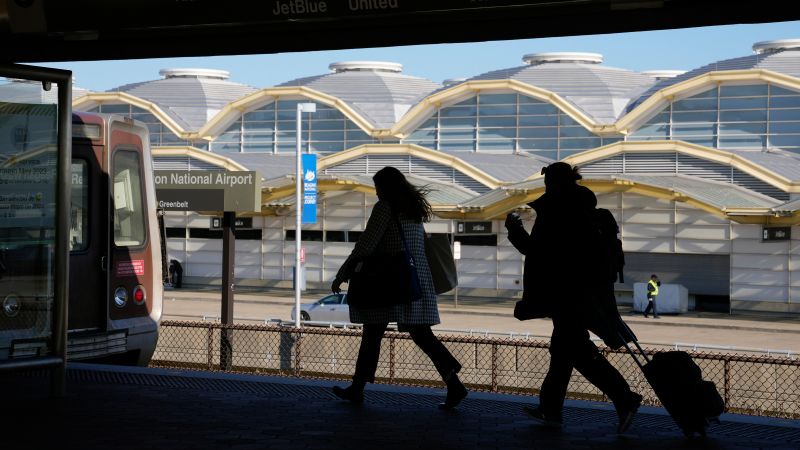The House has passed a major federal aviation bill aimed at improving aviation safety, enhancing protections for passengers and airline workers, and investing in airport and air travel infrastructure nationwide. The bill, renewing the Federal Aviation Administration’s authority for five years, authorizes over $105 billion in funding for the FAA and $738 million for the National Transportation Safety Board for fiscal years 2024 through 2028. It now awaits President Joe Biden’s signature after passing the Senate with broad bipartisan support.
Contentious debates arose over certain provisions in the bill, such as adding longer-distance flights at Reagan National Airport near Washington, DC. This created a divide between lawmakers who argued for more consumer choices and lower prices, and those concerned about increased airport congestion, delays, and safety issues. The legislation also includes provisions to address air traffic controller vacancies, improve runway technology to reduce collisions, and require airlines to issue cash refunds within days of a canceled or delayed flight automatically.
The bill would require the FAA to hire and train more air traffic controllers to close a gap of 3,000 vacancies and increase access to training simulators in air traffic control towers nationwide. Additionally, the FAA would be mandated to install additional runway technology at medium and large hub airports to reduce collisions and near-collisions. These measures aim to improve aviation safety and efficiency by addressing critical staffing and technological gaps in the industry.
In response to a new Department of Transportation rule on airline refunds, the legislation would require airlines to issue cash refunds within a few days automatically, without passengers having to call and complain. This rule aims to protect passengers’ rights and ensure they receive timely compensation for canceled or delayed flights. The legislation also includes measures to strengthen legal protections for aviation workers and enhance self-defense training for flight attendants to better respond to unruly passengers and threats.
The bill also sets a standard for travel credits issued by airlines, requiring them to be usable for at least five years in lieu of refunds. Commercial aircraft would be required to carry 25-hour cockpit voice recorders, a significant increase from the current two-hour standard, to capture critical sound recordings for investigations. These provisions aim to improve accountability and transparency in the aviation industry and ensure better protection for passengers, workers, and the public at large.
In conclusion, the federal aviation bill passed by the House addresses critical issues in the aviation industry, including safety, infrastructure, and passenger rights. By investing in staffing, technology, and training, the legislation aims to enhance aviation safety and efficiency while protecting the rights of passengers and airline workers. The bill also sets standards for airline refunds, travel credits, and cockpit voice recorders to improve accountability and transparency in the industry. Through bipartisan support and collaborative efforts, the legislation seeks to create a more secure and reliable aviation system for all stakeholders involved.


